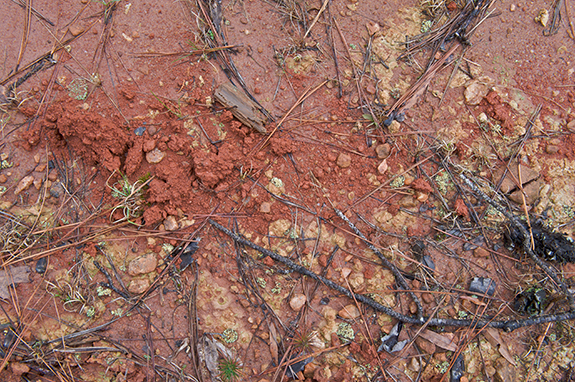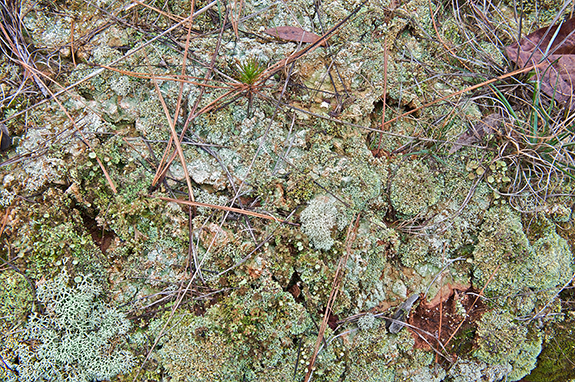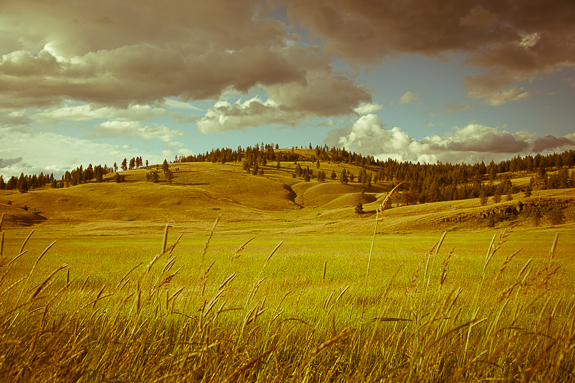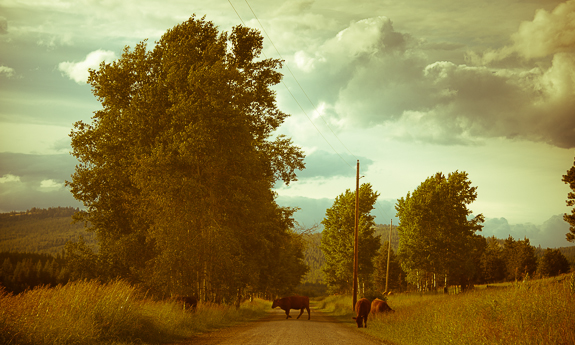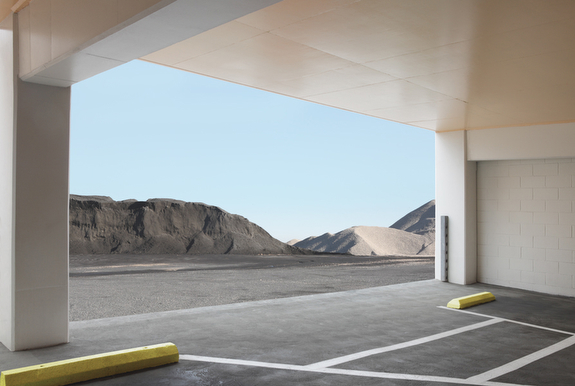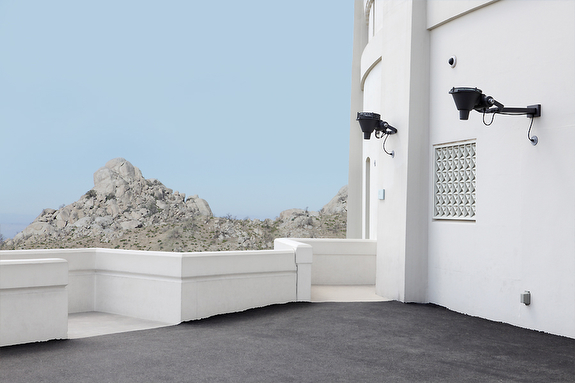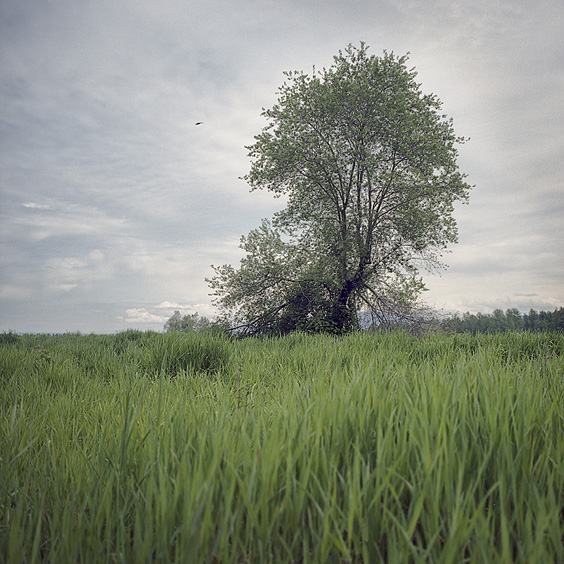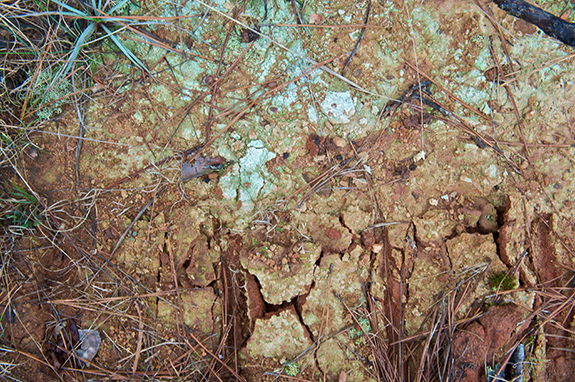
www.LaurenRHowe.PhotoShelter.com
Two years ago, when the light was too bright to make landscape images, I pointed my camera down at an undistinguished area of the ground that captured my eye. It was not in any way a scenic area. It was small and it was somewhere easily overlooked, but to me it was a unique image that reflected my training as a painter and my love of the distinct qualities that a camera is able to record.
I have been making these images of the ground ever since, un-cropped and subject un-manipulated by me. I take them in disparate places: I find subjects in the flattened leaves of parking lots, in the tiny plants that live on beach mist, in the parched tilled cornfields near where I live in Rochester, NY. They are always taken looking down, always of small places, always to me abstract and evocative. These three are a selection from a group of images taken after days of torrential rain on the red clay in Georgia.
— Lauren R. Howe, Rochester, New York, USA
